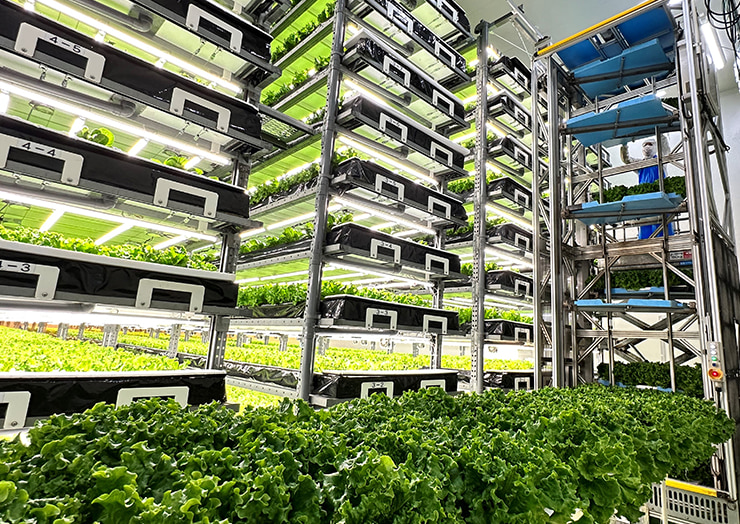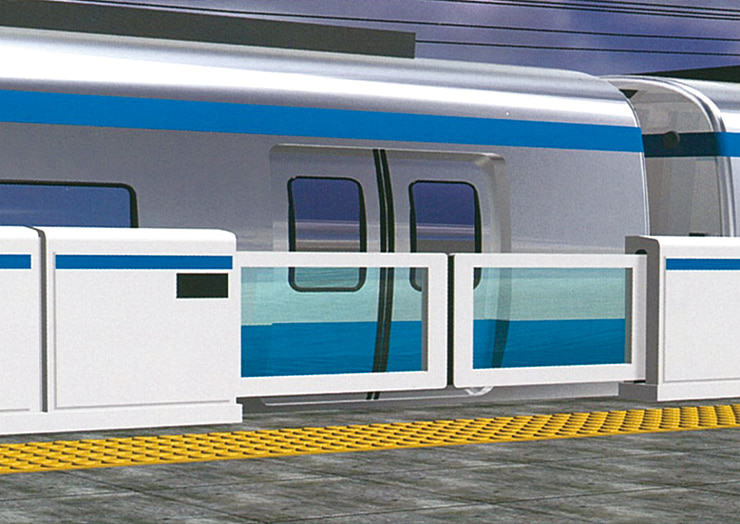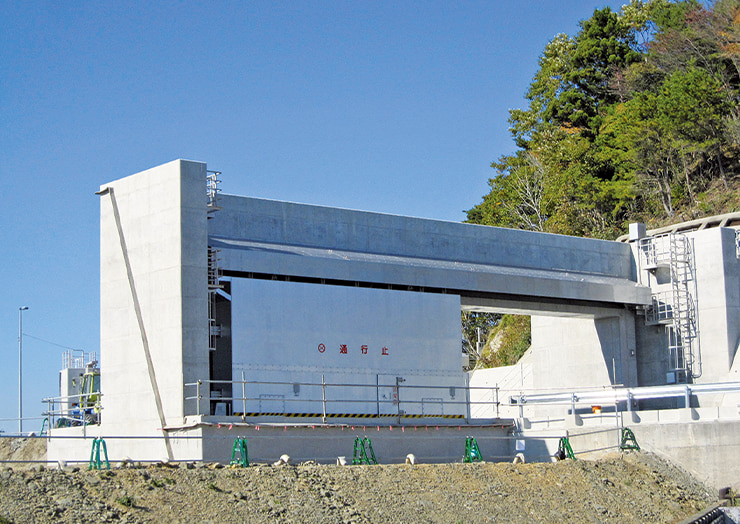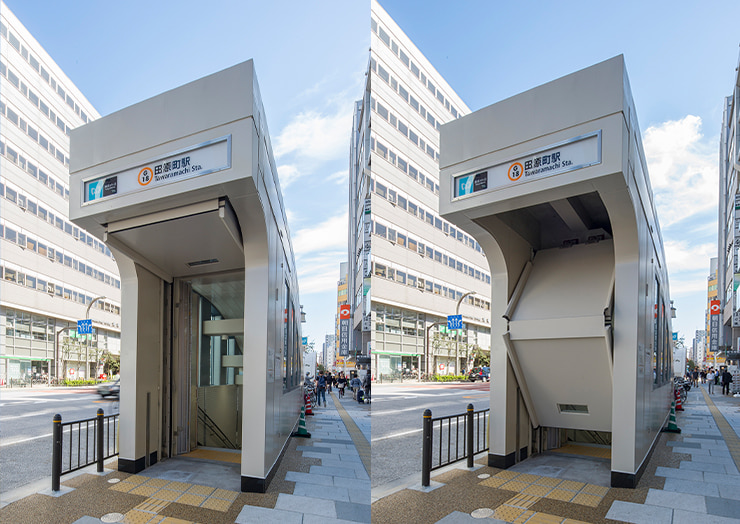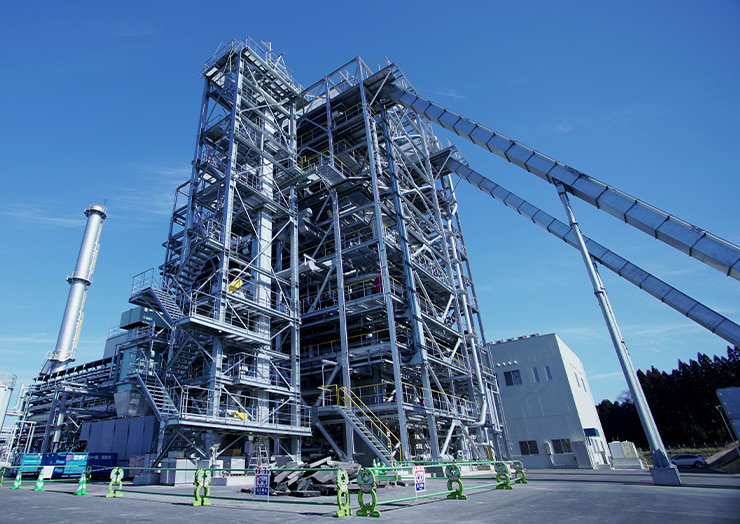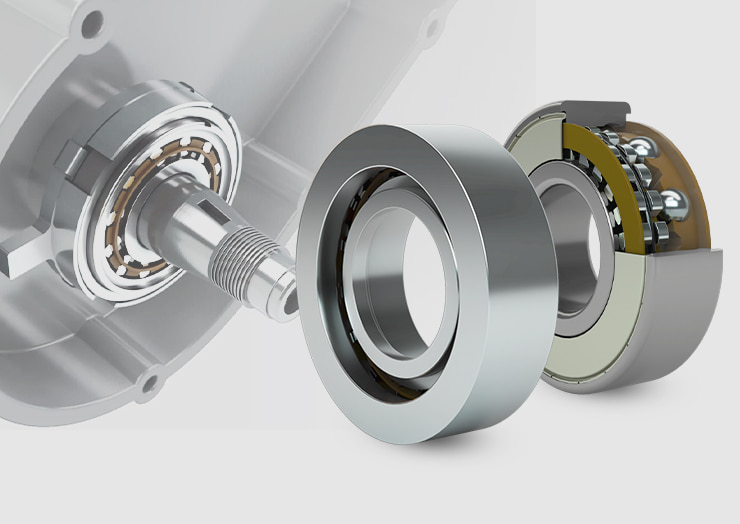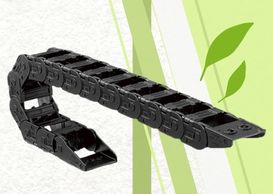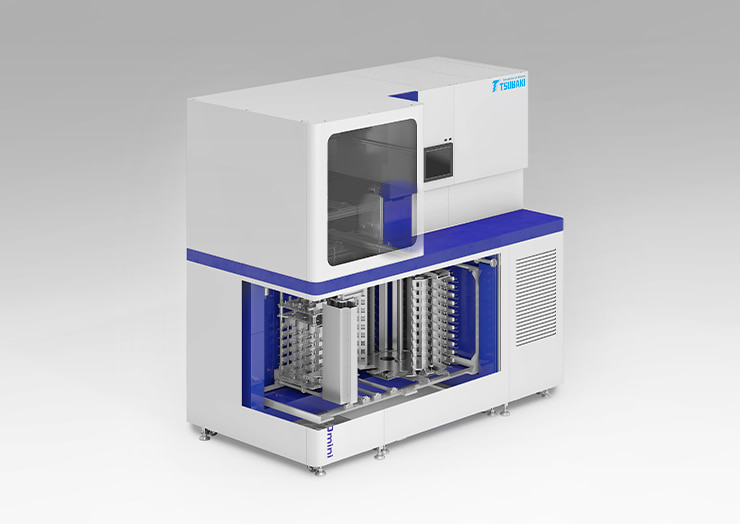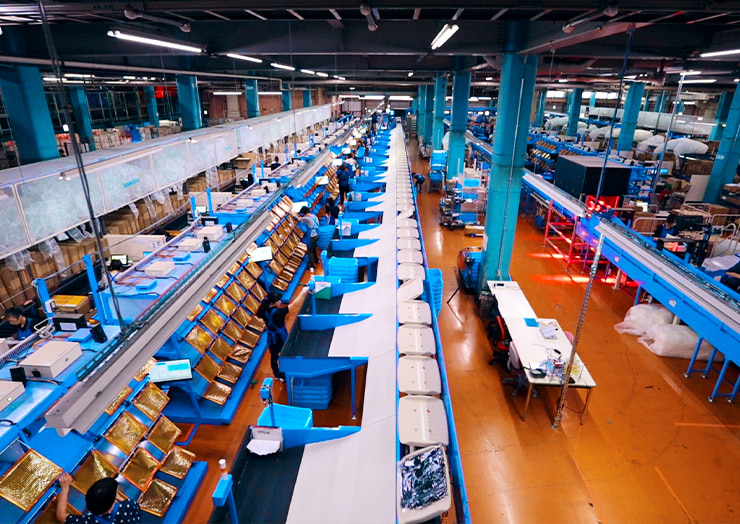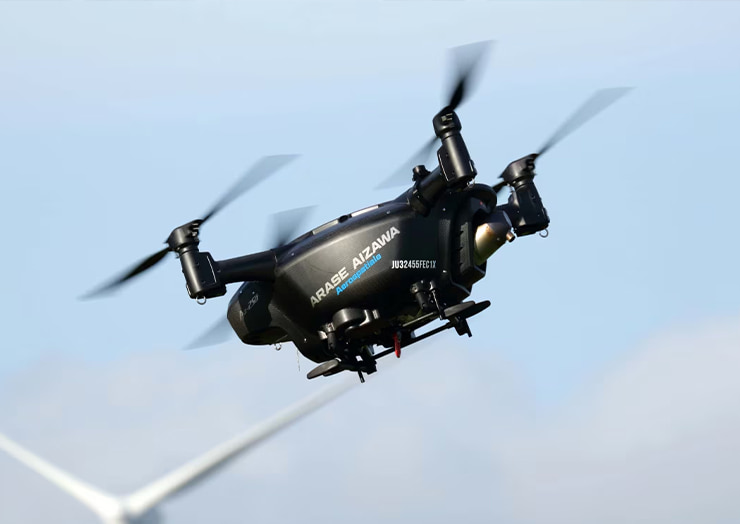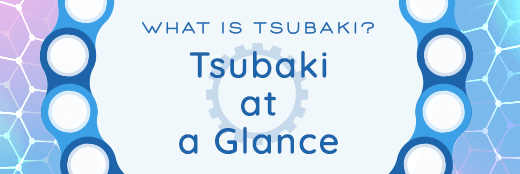Creation of Sustainable Products (CSV)
Contributing to Social Challenges
The Tsubaki Group has set out “What we want to be in FY 2030” in our Long-Term Vision, and we are carrying out business activities that will contribute to three social concerns.
So as to widely promote these initiatives, we have certified our products that contribute to these matters as “Sustainable Products,” and we are strengthening the development and sale of those products.
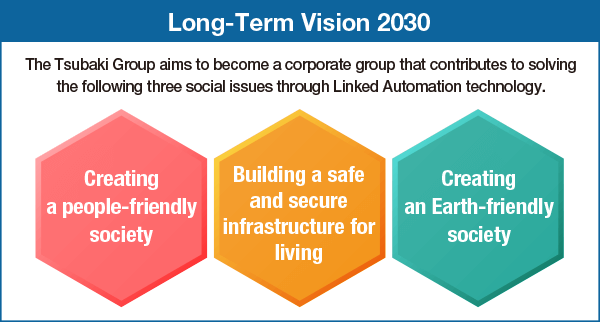
The Group has been creating many unique products that are environmentally-friendly, such as those offering an extended service life, energy-efficient features, and compact designs. The process includes starting the SDG-Oriented Products System in 2020, when we expanded the range of the Eco-Products Certification System to include SDGs. This system was launched in 2010, with the aim of achieving environmental features and cost benefits for customers.
Our current Sustainable Products have a wider focus on community issues and are divided into two categories: environmentally-friendly Eco-products and community contribution-type Social Products. We are moving forward with our efforts to resolve these issues from the perspectives of both new product development and marketing activities.
The Tsubaki Group is actively co-creating with our business partners and customers that use Tsubaki products. We will continue to contribute to the resolution of community issues through the creation, promotion, and sale of Sustainable Products.
Sustainable Products Certification Criteria
| Sustainable Products |
Certification Classification | Certification Criteria | |
|---|---|---|---|
| Eco-products (environmentally-friendly) |
(1) Products for climate change | Renewable energy/energy management/EV-related products, compact and lightweight, longer life, fewer/shared parts, high efficiency, lower power consumption, switch to low-carbon materials, etc. | |
| (2) Products that contribute to achieving a recycling-oriented society | Fewer hazardous chemicals, use of biodegradable resources/recycled materials, maintenance-free or greater ease of use, noise/vibration prevention, low dust generation, use of environmentally friendly paints, more efficient shipping shape, etc. | ||
| Social products (social contribution-type) |
(3) Products that contribute to solving social issues other than environmental issues | Agricultural automation, support for vaccine/pharmaceutical research and development, products for people with disabilities/senior citizens, significant improvements to rates of water use, countermeasures for heavy rain/flood damage/rising sea levels/extremely hot weather, reducing ocean acidification, indirect contribution to preventing the exhaustion of natural resources, significant increases in tree planting/forest regeneration, etc. | |
Typical Sustainable Products
♦ Solutions (Equipment)/
● Machine Parts (Power Transmission Products)
Creating an Earth-Friendly Society
Contribution fields:
![]()
![]()
![]()
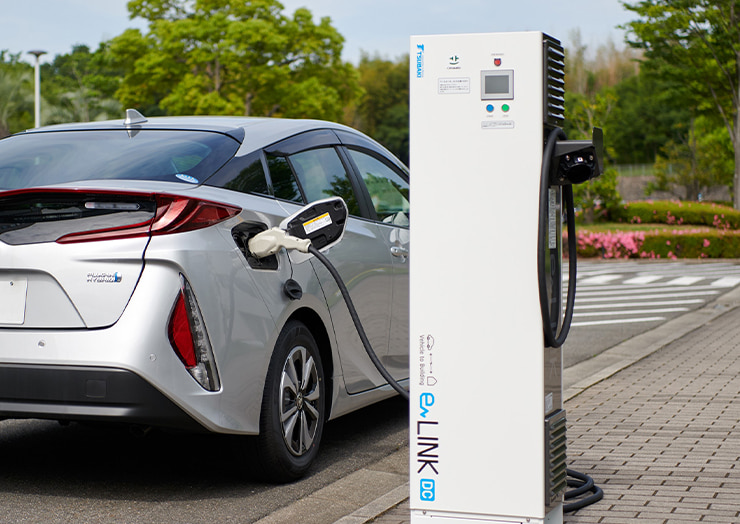
(V2X bi-directional EV charging systems)
Creating a People-Friendly Society
Contribution fields:
![]()
![]()
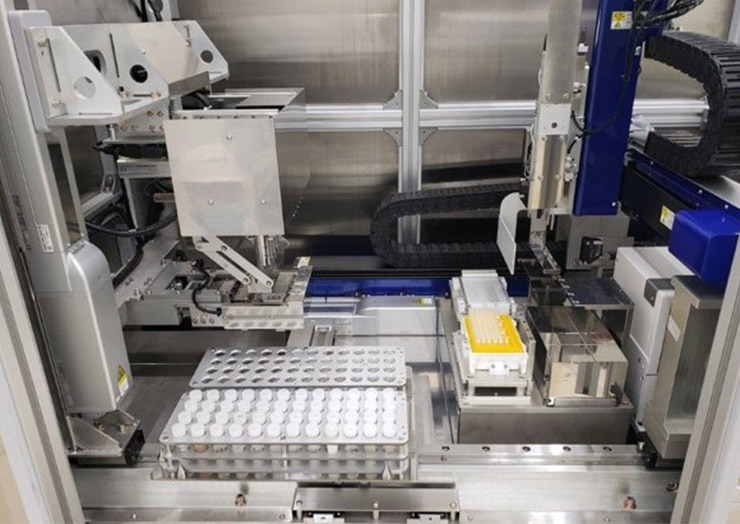
(automated PCR testing equipment)
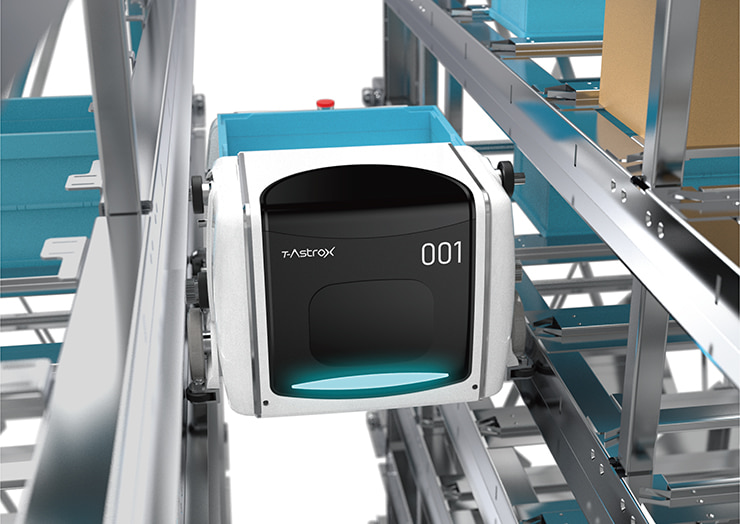
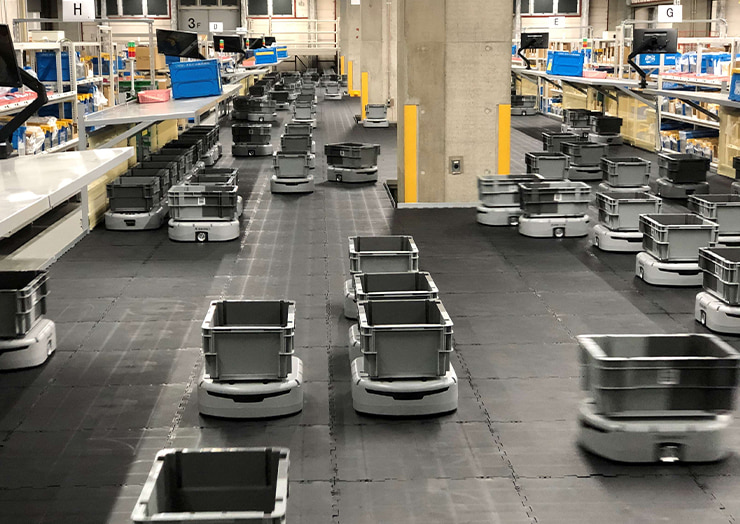
(automated guided vehicle)
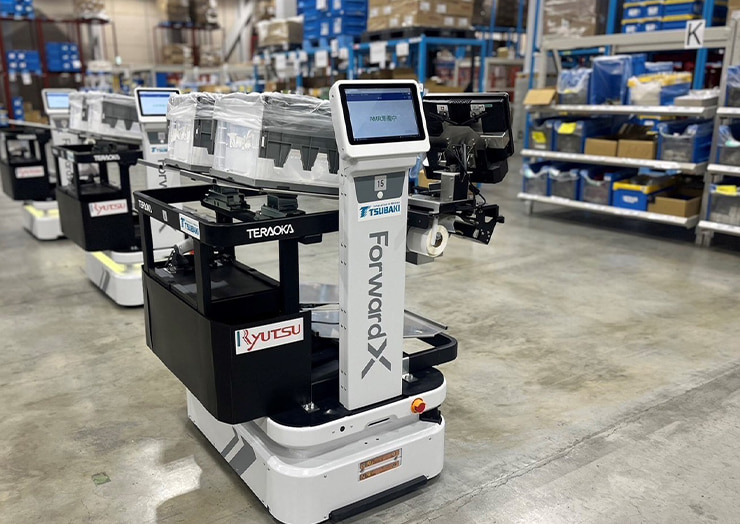

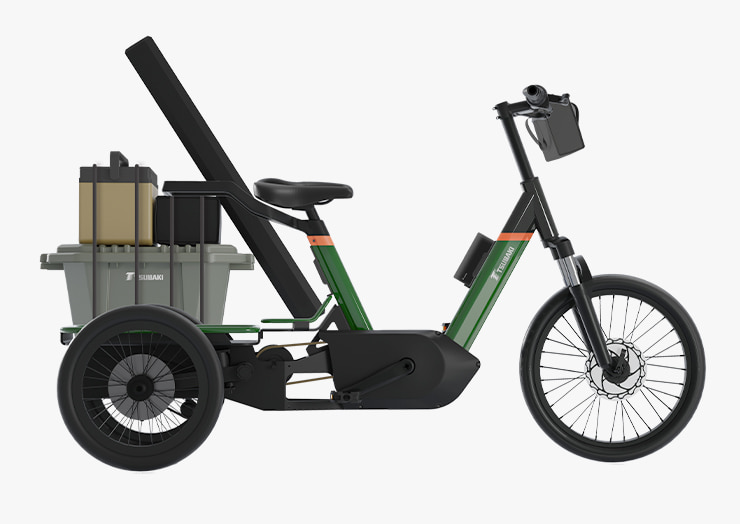
(electric-assist tricycle)
Building a Safe and Secure Infrastructure for Living
Contribution fields:
![]()
![]()
![]()
